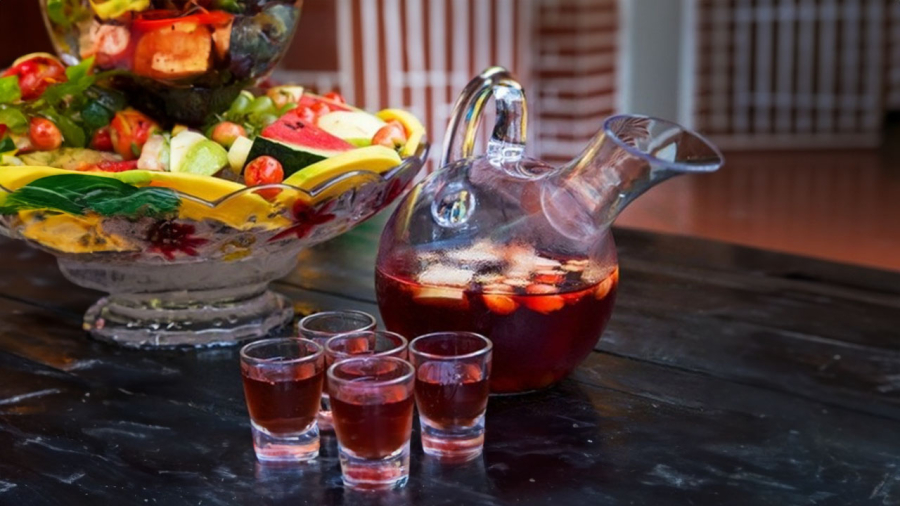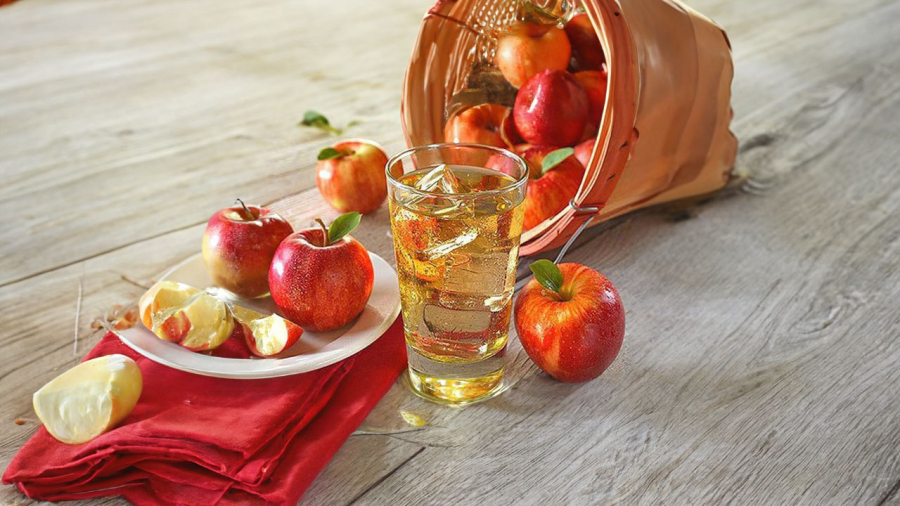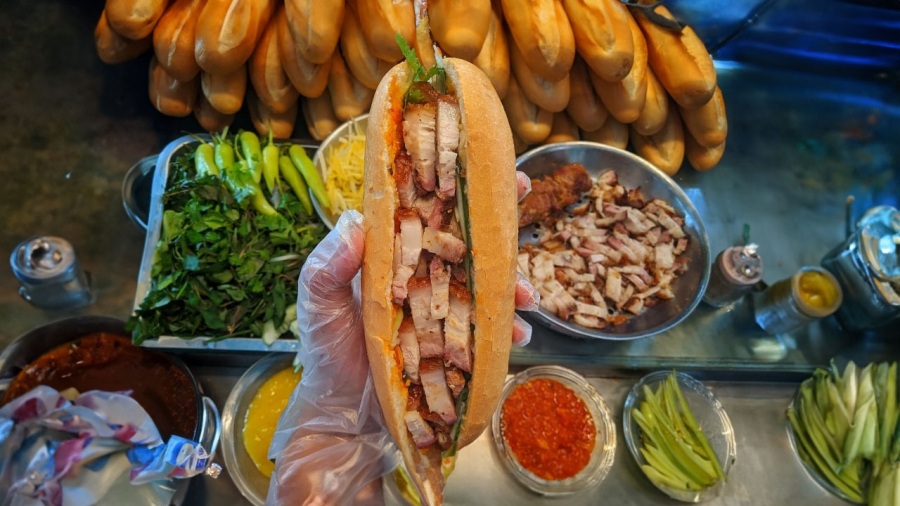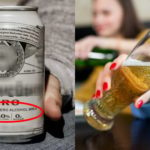Some foods undergo fermentation, so not only drinking alcohol but also consuming some foods like vinegar, fermented fruit water, and mouthwash solutions that contain alcohol can trigger a breathalyzer test.
There are several reasons why a person may have alcohol in their blood and breath without consuming any alcohol. These include the use of medications, mouthwash, fermented foods, and overripe fruits. Currently, there are about 130 medicinal products and 14 vitamin formulations on the market, which are prepared as solutions or mouthwash containing alcohol.

Additionally, some foods naturally undergo fermentation and convert into alcohol after consumption. This is a natural fermentation process. Some dishes may also use beer or wine to enhance flavors, such as steamed fish with beer, steamed crab with beer, beef in Marsala wine sauce, and braised meats. Some experiments have shown that steamed meat retains 85% of the alcohol content, while marinated meat retains 70% of the alcohol content. It takes 150 minutes of cooking for the alcohol content to reduce to 5% compared to the initial preparation.
Many fruits with high sugar content can undergo fermentation after consumption, such as durian, jackfruit, bananas, and rambutan. These foods do not have alcohol, but they naturally undergo fermentation and produce alcohol during digestion. However, this alcohol is only present in the mouth and not in the blood. The alcohol concentration typically decreases within 15-30 minutes, depending on the amount consumed.
Individuals with conditions such as gastroesophageal reflux disease (GERD) or auto-brewery syndrome may also test positive for alcohol in their breath.

Here are some types of food that can easily produce alcohol:
Durian: This fruit has a high sugar content and ferments quickly. When consumed, it can cause a spicy sensation and unknowingly produce alcohol in your breath.
Lychee, longan: These two fruits are also easily fermented, and their consumption can result in alcohol presence.
Dishes cooked with wine: Some dishes cooked with red wine or Madeira wine may inadvertently contain alcohol.
Pineapple: This fruit also undergoes rapid fermentation.
Grapes, oranges, and apples: When you eat grapes or oranges or drink natural grape and orange juice, your breath can quickly have alcohol in it.

Packaged bread: Certain types of bread products, such as sandwich rolls, may contain alcohol.
Ripe bananas also undergo rapid fermentation, resulting in a high alcohol concentration. The alcohol content in these foods is generally low and depends on the quantity consumed, the time of testing, and how they are metabolized and excreted. However, law enforcement officers only stop vehicles when they observe signs of violation, such as flushed face, unsteady gait, speeding, or reckless driving; or when they have an approved patrol or control plan, or when you commit another offense that arouses suspicion of alcohol consumption. Nevertheless, it is still advisable to be cautious when consuming these foods before driving.



































